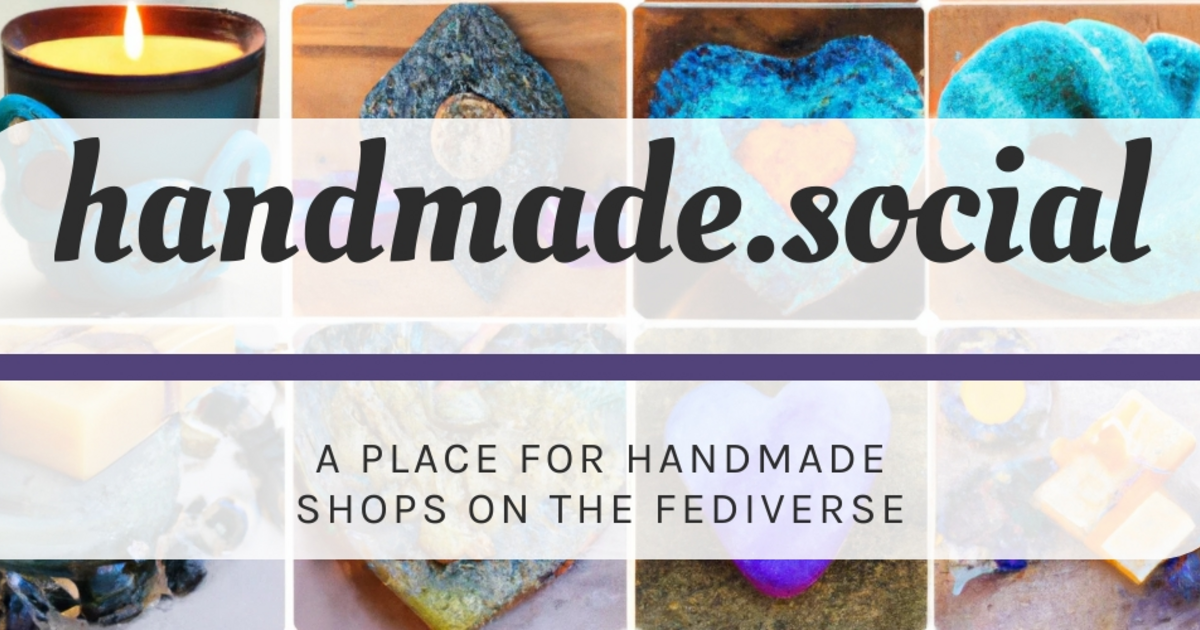UPDATE: I haven't seen Recall in action there. I was just asking the doctor how they'll deal with it.
This morning, I went to the doctor for a scheduled appointment. While she was looking at the results of blood tests from two years ago on the screen (and suggested repeating them for a follow-up), I realized she was using Windows 11. A detail came to mind. The doctor is extremely polite and friendly, so I asked her, "How do you handle the feature called Recall?" The doctor was taken aback and had no idea what I was talking about. I was about to drop the conversation, but she, being a serious professional, immediately called the technicians who manage their PCs to ask for clarification. They downplayed it, saying it's not an issue and that it's a feature "on all PCs, so we can't do anything about it." She started to express that she didn’t like it and wanted it deactivated. No luck: they won’t proceed because, according to them, even deactivating it is "a hack that could compromise future updates." She’s furious and will talk to her colleagues and the decision-makers. She wants secure systems because "there’s patient data involved."
In reality, patient data is stored on servers (which I haven't investigated), but everything that appears on the screen is, in my opinion, at risk.
I’ve offered to help them find a solution—because, if I'm right, all they need is LibreOffice and a browser. In that case, I’ll suggest one of the *BSD or Linux systems and do it for free.
I don’t want to make money off my doctor. I just want patient data to be (sufficiently) secure.
It's a wrap! The BSD-NL Conference - Early 2025 was a blast!
Check out the videos of the talks here: https://exquisite.tube/c/bsdnlconference/videos
Visit the website for more info and the next edition: https://bsdnl.nl






 ) I have tried really hard to make sure the options make sense. Select the lowest item in the list that is true for you:
) I have tried really hard to make sure the options make sense. Select the lowest item in the list that is true for you:

